How to Fight Book Pirates
As soon as a product goes digital, people figure out how to steal it. It used to be just songs and movies that were pirated, but now ebooks are beset by the same want-it-for-free crowd. Even if you’re not a writer trying to keep the lights on, this is bad news for you. Studies have shown that widespread piracy decreases revenue and QUALITY OF PRODUCTS. Basically, if you don’t pay for stuff, stuff becomes increasingly shitty.
Because people have no incentive to make good stuff, and even if they want to, they can’t afford to make it as good as they did back when they were, you know, actually getting paid. The good news is, there are a few simple strategies that have been shown to reduce piracy.
Basically, if you don't pay for stuff, stuff becomes increasingly shitty.
So how do we fight pirates?
Sell Everywhere
Make your product available EVERYWHERE. People have favorite places to buy things, and if your book isn’t on their favorite site, they’ll pirate it. It has been shown that people will switch from pirating to paying for products if it is convenient enough. Yes, that is an argument against going exclusive with Amazon, despite the incentives they offer. If people can’t get a product when and where they want, they’ll steal it.
Sell NOW
If you make people wait, they will pirate.
In the film world, this means if you put TV shows on Netflix as soon as they air on cable, then free streaming sites (and all the lovely viruses they give your computer) disappear. In the book world, it means that old business model of putting out the hardcover at a high price, then the paperback at a lower price much later…yeah, kill that darling. If you’re a self-pubbed author, make all versions of your book available at once, on every platform, and people will be much less likely to steal it.
Sell in Universal Format
The biggest blunder the music industry made about going digital was fighting the .mp3 format. You could pirate songs in universal format, but if you bought legitimately from record labels, it was way more complicated. When e-books were first introduced, Amazon and Barnes and Noble immediately made the same mistake: you could buy a Kindle book or a Nook book, you couldn’t just buy an e-book and read it on whatever device you wanted. Instead, you need a virtual encyclopedia of apps to read on your phone or tablet. (Kindle App, B&N app, Overdrive app for libraries, iBooks app…)
The answer? Choose one universal file type. Mobi? Epub? Who cares, just pick ONE for everyone.
As we’ve seen, making it harder for people to buy things is the petri dish in which piracy flourishes.
Make them walk the plank!
Yes, piracy is illegal. At least in theory. Turns out, enforcing anti-piracy laws is very effective, during the rare times it happens. Napster was shut down because record labels had the money and lawyers to make it happen. And after that, people started buying mp3s more often than stealing them, even though Napster was far from the only music pirating site. It’s just habit–people weren’t familiar with other pirating sites, so they turned back to the outlets they were familiar with, namely iTunes and Amazon.
Now, if you’re a self-published author without Penguin Random House’s lawyers behind you, what can you do? Mostly, contact your representatives about anti-trust laws and support any effort to break up book piracy sites. If you see major publishers making a move in this area, support them however you can. It’s hard, as an individual, to make sure laws are enforced. But when you can, it really does help.
If people can't get it WHEN and WHERE they want, they'll steal it.
Will these tricks stop piracy of your books? No. But they can slow it down.
Also, if you’ve ever read a free, pirated book, (which I know the good people of my blog have not) think of it this way: if you wouldn’t be okay with me taking your paycheck after you’ve put in your forty long hours, don’t steal my book.
Authors are not rich. Most authors have a day job to support their career. Those of us who manage to sell our books get paid tiny fractions of a penny per hour for our labor. And even if we’re talking one of the private plane rock star authors, they deserve to get paid for their books. Their books were GOOD. We don’t just stop paying surgeons when they get really awesome at brain surgery. We pay them more. We should give the same respect to authors.
If you don't want to give me your paycheck, don't steal my book.
If you’re interested in publishing in the digital age, subscribe so you don’t miss my next post, which will be “What Publishing Can Learn From the Music Industry.” Lots of fascinating stuff about how to keep ahead of the curve during the infancy of the digital age of publishing.
§
I didn’t talk much about study design or cite specific sources in this, in order to preserve faster blog pacing. And because probably only me and Dan Koboldt would be interested. But if you’d like to read about the studies I quoted in this article, or just get more in depth on this whole topic, here are the resources I used to write it:
STREAMING, SHARING, STEALING: Big Data and the Future of Entertainment by Michael D. Smith and Rahul Telang. -This is one of the best nonfiction books I’ve read in a long time. Interesting, engaging, fast paced and a quick read. Plus, absolutely crucial information for understanding the time we’re living in.
What Authors can Learn from the Music Business, on Joanna Penn’s podcast The Creative Penn.
Smashwords info on piracy and DRM in self-publishing.
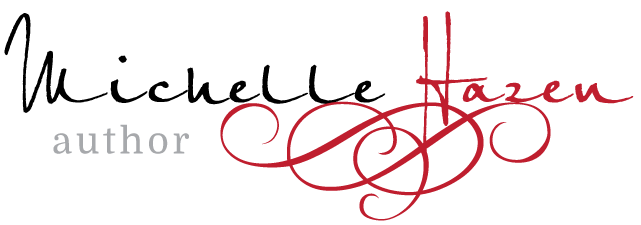
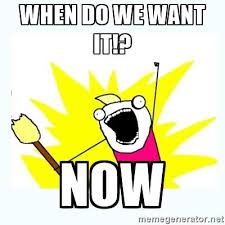












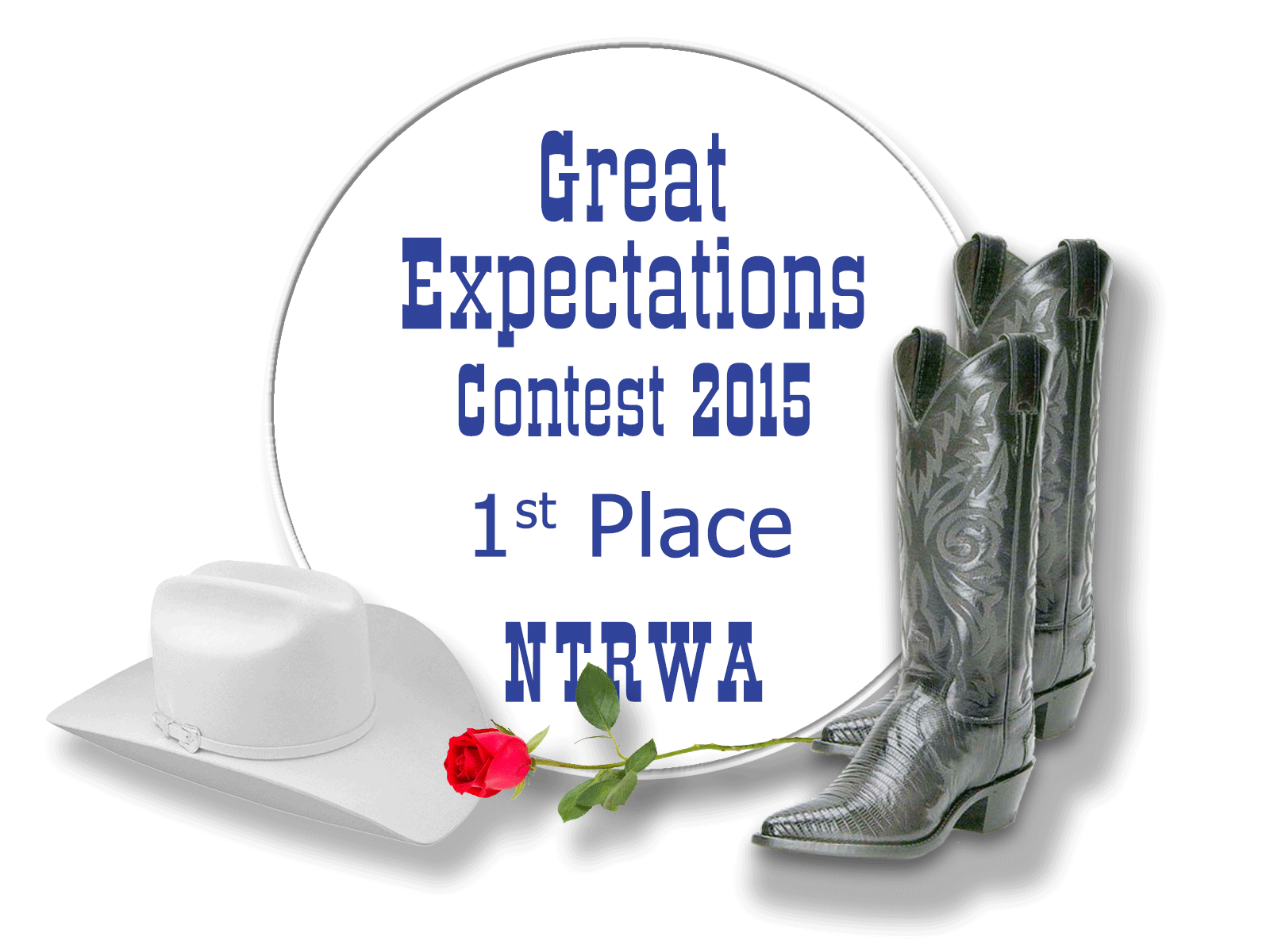


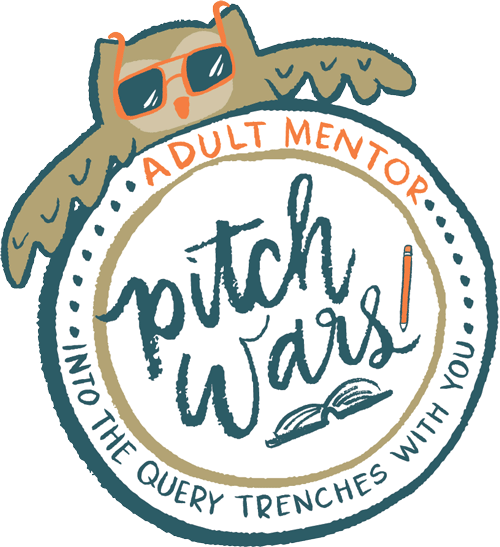
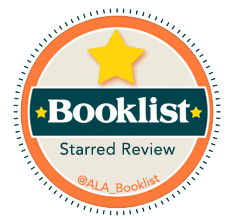
Great and to the point!
Pingback : What Publishing Can Learn from the Music Industry | Michelle Hazen